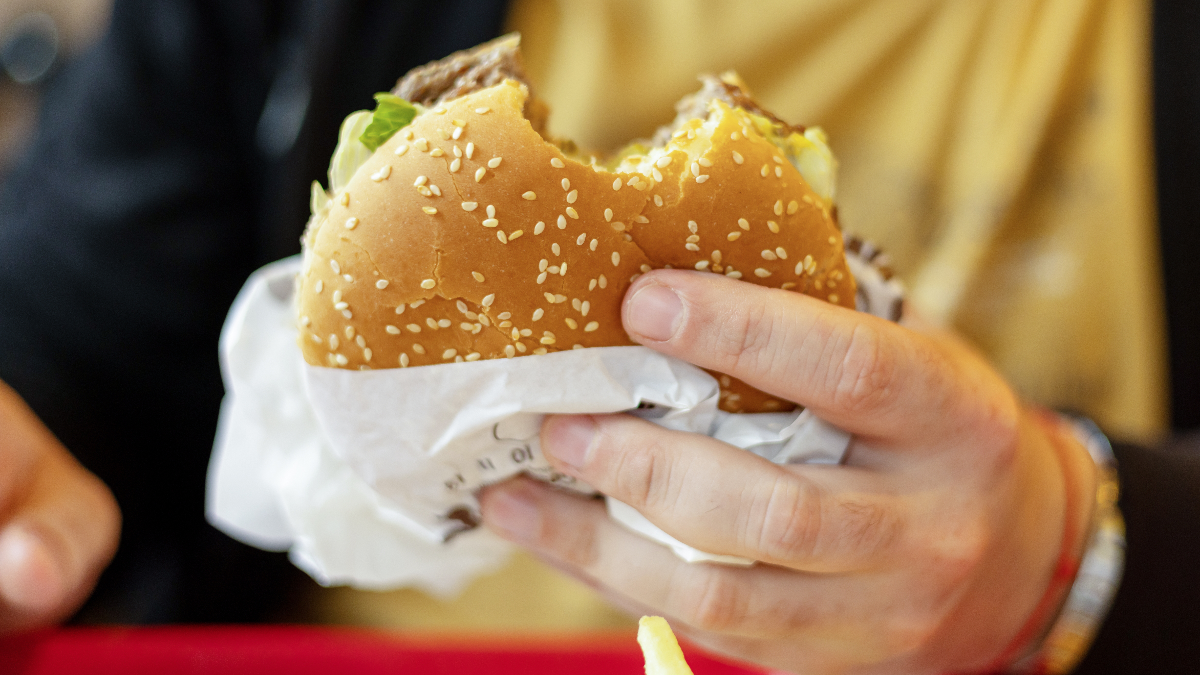Major Burger King Franchisee Closes 57 Locations After Filing for Bankruptcy
One of Burger King’s largest franchise operators, Consolidated Burger Holdings, has closed 57 restaurants across Georgia and Florida after filing for Chapter 11 bankruptcy protection earlier this month.
Based in Destin, Florida, Consolidated Burger Holdings faced mounting financial pressures that first began during the COVID-19 pandemic. According to court documents, the franchisee cited a significant decline in foot traffic during the pandemic, leading to lower revenues while rent, debt payments, and other expenses remained high.
“The Debtors’ business suffered significantly from loss of foot traffic, resulting in declining revenue without proportionate decreases in rental obligations, debt service, and other liabilities,” the company noted in its bankruptcy filing.
Unfortunately, the financial strain continued even as the pandemic eased. Chief Restructuring Officer Joseph Luzinski explained that the company struggled with rising costs of food and shipping, labor shortages, and overall inflation, preventing a full recovery.
Over the last two fiscal years, the company’s situation only worsened. In 2023, Consolidated Burger Holdings reported $76.6 million in sales but still ended the year with an operating loss of $6.3 million. In 2024, things deteriorated further, with sales falling to $67 million and operating losses ballooning to $12.5 million.
Among the closed locations are Burger King restaurants in Tallahassee, West Palm Beach, and Naples, Florida, along with several stores in Valdosta, Georgia. The closures have affected both small towns and major cities, impacting employees and customers alike.
At the time of the bankruptcy filing, Consolidated Burger Holdings owed nearly $37 million to creditors. As part of its bankruptcy proceedings, the company is seeking court approval to sell its assets under supervision, aiming to pay off its debts and settle outstanding obligations.
This news comes as Burger King’s parent company, Restaurant Brands International, continues to navigate a shifting fast-food market, where labor shortages, supply chain disruptions, and rising costs have challenged franchisees nationwide.
Despite these closures, Burger King remains committed to growing and modernizing its brand. Last year, the company announced a $400 million “Reclaim the Flame” investment plan, which focuses on remodeling existing locations, enhancing marketing efforts, and revitalizing the customer experience. However, experts note that success often depends heavily on the financial health of franchise operators like Consolidated Burger Holdings.
For now, customers in affected areas will have to look to neighboring Burger King locations, or alternative fast-food options, as the brand and its franchisees work to adapt to changing economic conditions.
